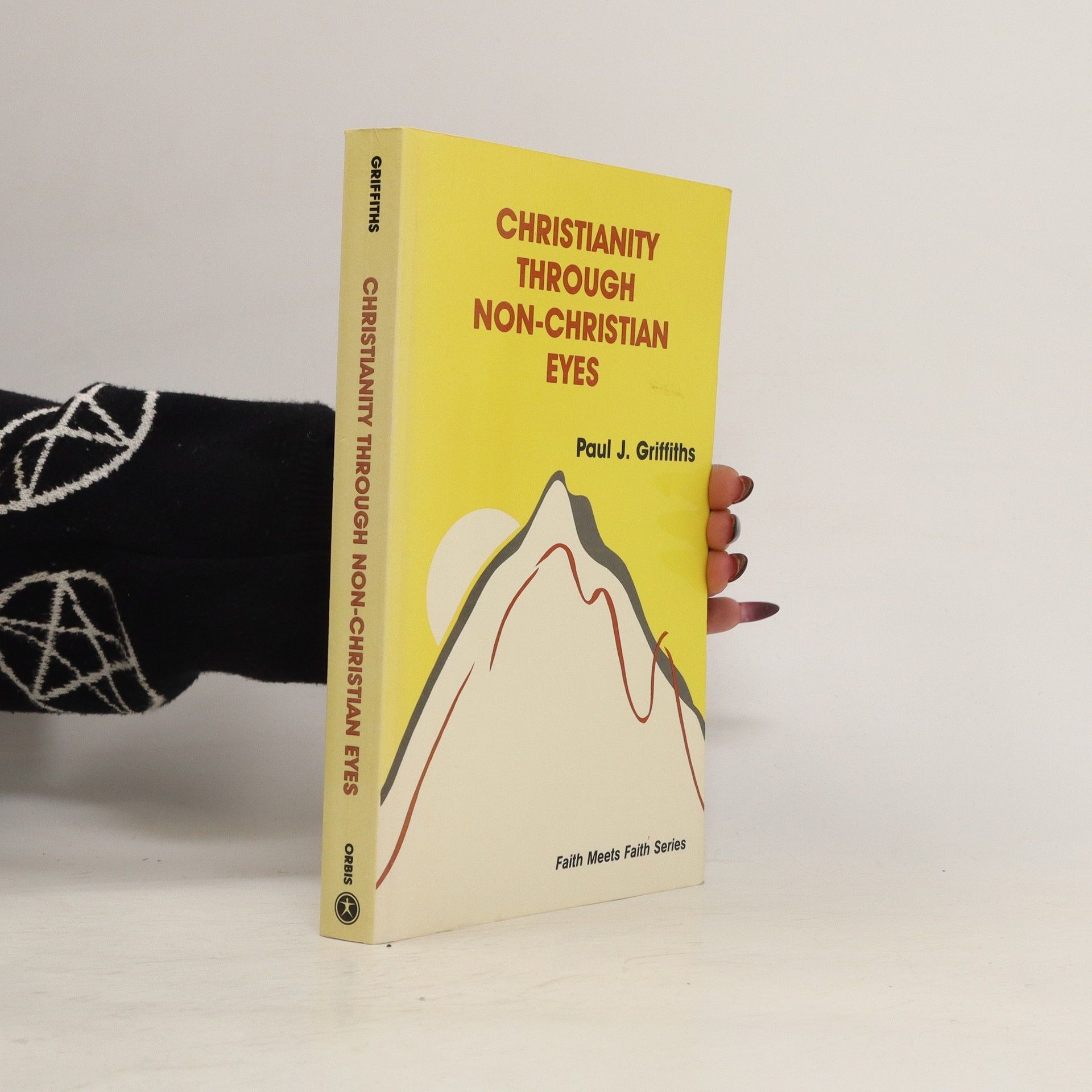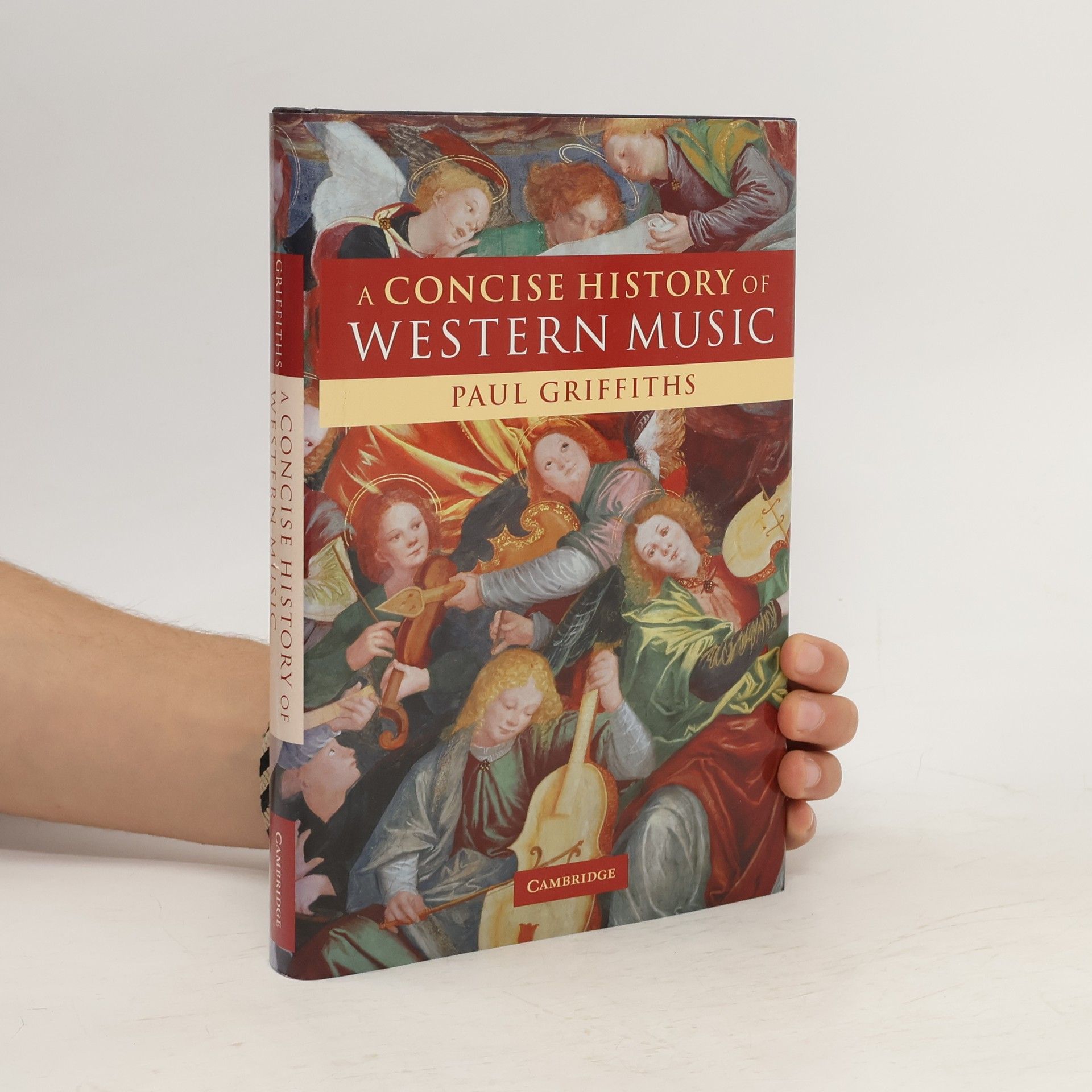Paul Griffiths Bücher
Paul Griffiths ist ein renommierter britischer Musikkritiker und Romanautor, der für seine aufschlussreichen Schriften über moderne klassische Musik bekannt ist. Neben seiner kritischen Arbeit verfasst er auch Prosa und Opernlibretti, was ein tiefes Verständnis für musikalische Strukturen und deren emotionale Wirkung zeigt. Seine literarischen Beiträge erforschen die vielschichtige Beziehung zwischen Klang, Sprache und menschlicher Erfahrung und bieten den Lesern eine einzigartige Perspektive.






Why Read Pascal?
- 264 Seiten
- 10 Lesestunden
The book offers a concise yet thorough introduction to Blaise Pascal, highlighting his life, literary contributions, and the central themes present in his works. It serves as an insightful resource for understanding Pascal's influence and the significance of his ideas.
Genetics and Philosophy
- 270 Seiten
- 10 Lesestunden
This book integrates the work of philosophers of science seeking to make sense of genetics with an accessible introduction to the science.
This collection features a curated array of essays, reviews, and interviews that delve into musical performance and composition from the late 20th century to the early 21st century. It offers valuable insights into the evolving nature of opera, exploring both the artistic and cultural dimensions of this genre. The work serves as a reflective commentary on contemporary music, highlighting significant trends and figures in the field.
"To various degrees, all human beings experience regret. In this concise theological grammar, Paul J. Griffiths analyzes this attitude toward the past and distinguishes its various kinds. He examines attitudes encapsulated in the phrase, "I would it were otherwise," including regret, contrition, remorse, compunction, lament, and repentance. By using literature (especially poetry) and Christian theology, Griffiths shows both what is good about regret and what can be destructive about it. Griffiths argues that on the one hand regret can take the form of remorse-an agony produced by obsessive and ceaseless examination of the errors, sins, and omissions of the past. This kind of regret accomplishes nothing and produces only pain. On the other hand, when regret is coupled with contrition and genuine sorrow for past errors, it has the capacity both to transfigure the past-which is never merely past-and to open the future. Moreover, in thinking about the phenomenon of regret in the context of Christian theology, Griffiths focuses especially on the notion of the LORD's regret. Is it even reasonable to claim that the LORD regrets? Griffiths shows not only that it is but also that the LORD's regret should structure how we regret as human beings." --Book cover
Israel
- 255 Seiten
- 9 Lesestunden
Israel: A Christian Grammar proposes and defends the theses that the church and the synagogue together constitute Israel; that each is irrevocably promised intimacy with the same God; and that the synagogue should be understood by the church to be more intimate with that God than she is herself.
Eye-opening essays by Buddhist, Hindus, Jews, Muslims provide insights to how Christianity is viewed in their communities--and why.
Let Me Tell You
- 139 Seiten
- 5 Lesestunden
" now I come to speak. At last. I will tell you all I know...." These are the words of Ophelia at the beginning of this short literally her words, in that her narrative is composed entirely of the vocabulary she is allotted in Hamlet. Within these meagre resources, she manages to express herself on topics including her love for her father (Polonius), her care for her younger brother (Laertes), her puzzlement in the face of the Prince himself, and her increasing sense that she must escape the fate awaiting her in the play. This is no mere technical exercise or prequel to the the use of such a restricted vocabulary means that Ophelia's voice, while direct and passionate, gains musical qualities as words keep recurring in perpetually changing contexts. Paul Griffiths, born in Bridgend, Wales, is a well-known writer on contemporary and classical music.
A Concise History of Western Music
- 348 Seiten
- 13 Lesestunden
Engaging, clear and informative, this is the story of western music - of its great composers and also of its performers and listeners, of changing ideas of what music is and what it is for. Paul Griffiths shows how music has evolved through the centuries, and suggests how its evolution has mirrored developments in the human notion of time, from the eternity of heaven to the computer's microsecond. The book provides an enticing introduction for students and beginners, using the minimum of technical terms, all straightforwardly defined in the glossary. Its perspective and its insights will also make it illuminating for teachers, musicians and music lovers. Suggestions for further reading and recommended recordings are given for each of the 24 short chapters.


